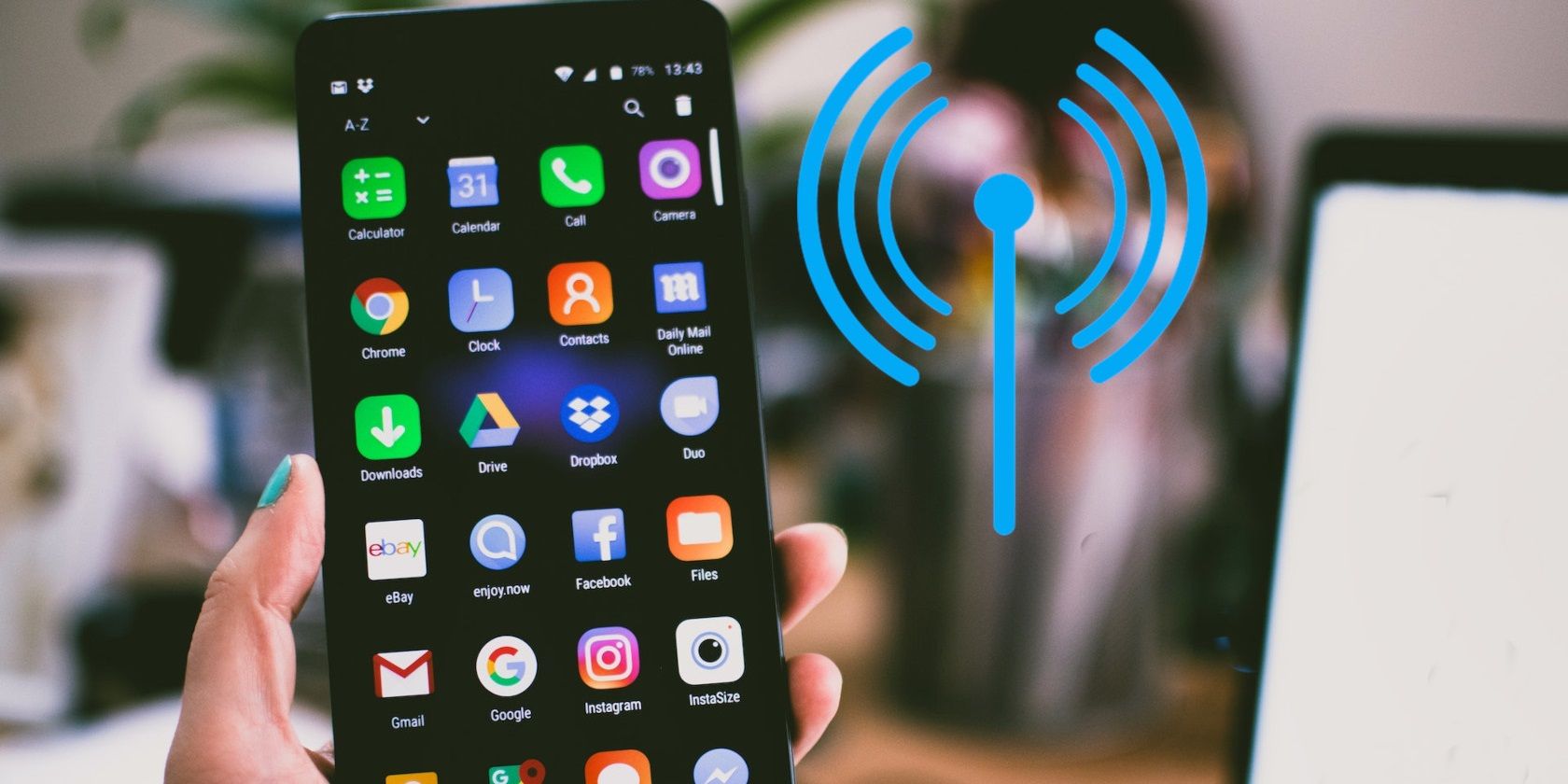MIS Handle Data from Mobile Apps

Management Information Systems (MIS) handle data from mobile apps in several ways:
Data Collection: MIS collect data generated by mobile apps, including user interactions, transactions, preferences, and device information. This data may include user inputs, app usage patterns, location data, device identifiers, and other relevant information captured during interactions with the mobile app.
Integration with Backend Systems: MIS integrate data from mobile apps with backend systems such as databases, enterprise applications, and analytics platforms. This integration enables seamless access to mobile app data, synchronization of data between mobile devices and backend servers, and interoperability with other business systems.
Data Synchronization and Offline Capabilities: MIS implement data synchronization mechanisms to ensure that data captured by mobile apps is synchronized with backend systems in real-time or periodically. This enables users to access up-to-date information, even in offline or low-connectivity environments, and ensures data consistency across multiple devices and platforms.
Security and Authentication: MIS implement security measures to protect data transmitted between mobile apps and backend systems, as well as data stored on mobile devices. This includes encryption of data in transit and at rest, secure authentication mechanisms, access controls, and user authentication to prevent unauthorized access or data breaches.
User Profiling and Personalization: MIS leverage data from mobile apps to profile users and personalize their experiences based on their preferences, behavior, and demographics. This may involve analyzing user interactions, tracking usage patterns, and recommending personalized content, products, or services to enhance user engagement and satisfaction.
Analytics and Insights: MIS analyze data from mobile apps to derive actionable insights into user behavior, app performance, and market trends. This includes analyzing app usage metrics, user engagement metrics, conversion rates, and other key performance indicators (KPIs) to optimize app functionality, identify opportunities for improvement, and inform strategic decision-making.
Push Notifications and Alerts: MIS use data from mobile apps to trigger push notifications, alerts, or messages to users based on predefined events or triggers. This enables organizations to send timely updates, reminders, promotions, or relevant information to users, driving user engagement and retention.
Performance Monitoring and Optimization: MIS monitor the performance of mobile apps by tracking key metrics such as app crashes, load times, responsiveness, and user feedback. This enables organizations to identify performance issues, diagnose root causes, and optimize app functionality to deliver a seamless user experience.
Feedback and User Engagement: MIS collect feedback from users through mobile apps to gather insights, address user concerns, and enhance app usability. This includes implementing feedback mechanisms such as surveys, ratings, reviews, and in-app feedback forms to solicit user input and improve app features and functionality over time.
Overall, MIS play a crucial role in handling and leveraging data from mobile apps to drive user engagement, deliver personalized experiences, optimize app performance, and derive actionable insights for strategic decision-making within organizations. By integrating mobile app data with backend systems, implementing security measures, analyzing user behavior, and optimizing app functionality, MIS enable organizations to harness the full potential of mobile technology to achieve their business objectives.
Thank you,
